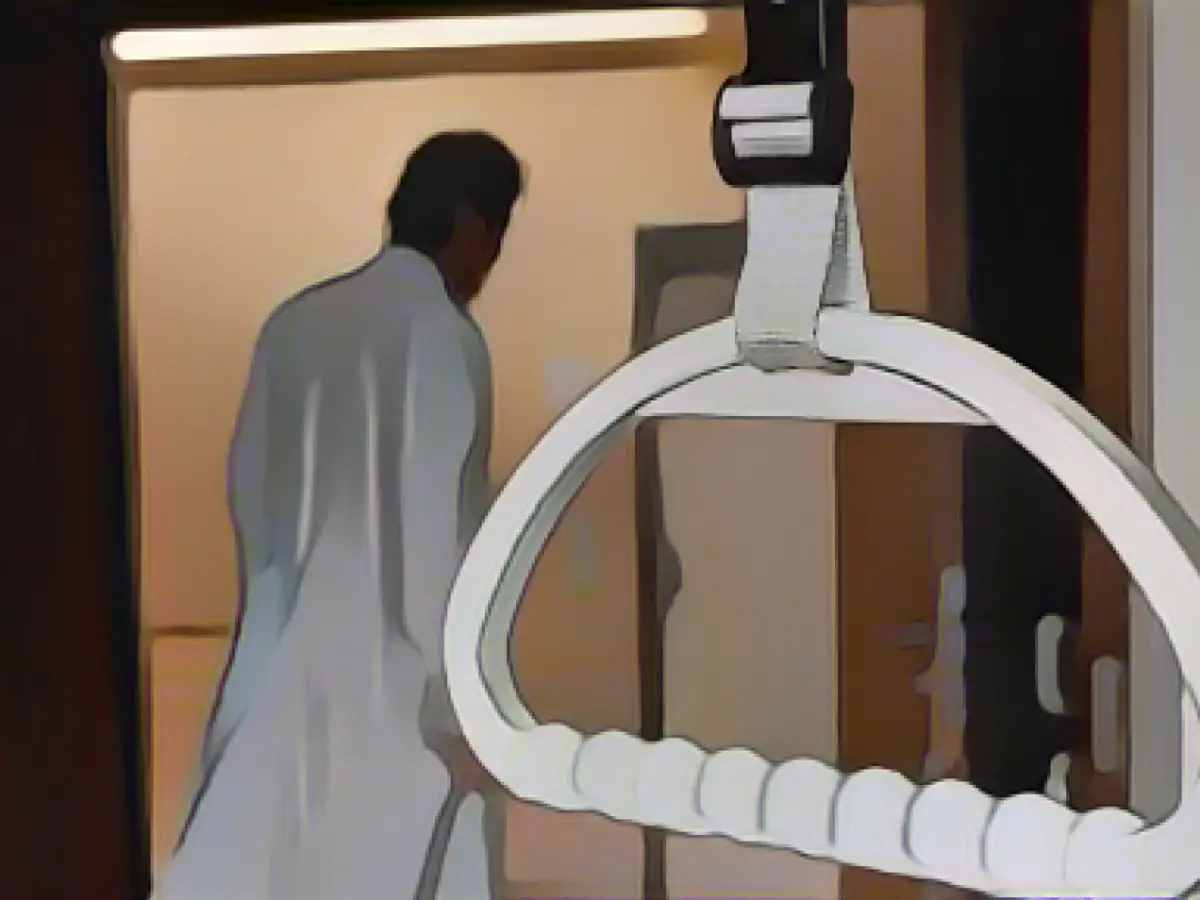Social affairs - Higher minimum wage in geriatric care
Around 1.3 million employees in geriatric care who receive the minimum wage will receive more money at the start of the new month. On December 1, the minimum wage per hour rose to 18.25 euros (+ 60 cents) for care professionals, 15.25 euros (+ 35 cents) for qualified care assistants and 14.15 euros (+ 25 cents) for care assistants.
A further increase is planned for May 1 of next year. From then on, skilled workers are to receive 19.50 euros, qualified assistants 16.50 euros and auxiliary staff 15.50. On July 1, 2025, the minimum wage for skilled workers will rise by a further euro, for qualified assistants by 85 cents and for auxiliary staff by 60 cents.
The increases will be implemented by decree by the Federal Ministry of Social Affairs and are based on the recommendations of the eight-member Care Commission. It is made up of employer and employee representatives from the care sector.
PK Federal Ministry of Health
Lesen Sie auch:
- The rise in minimum wage in geriatric care is beneficial to nursing professions, especially senior caregivers, as they will earn more money due to the increase in tariffs.
- The financial implications of the higher minimum wage in nursing professions could significantly impact the overall social finances in Germany, particularly in the care sector.
- Advocates for senior care argue that the increase in wage is crucial in attracting and retaining skilled professionals in the field, ensuring excellent care for the elderly population.
- As a result of the wage increase, seniors who require care may find improved services and a higher quality of life due to better-paid professionals in the nursing professions.
Source: www.stern.de








